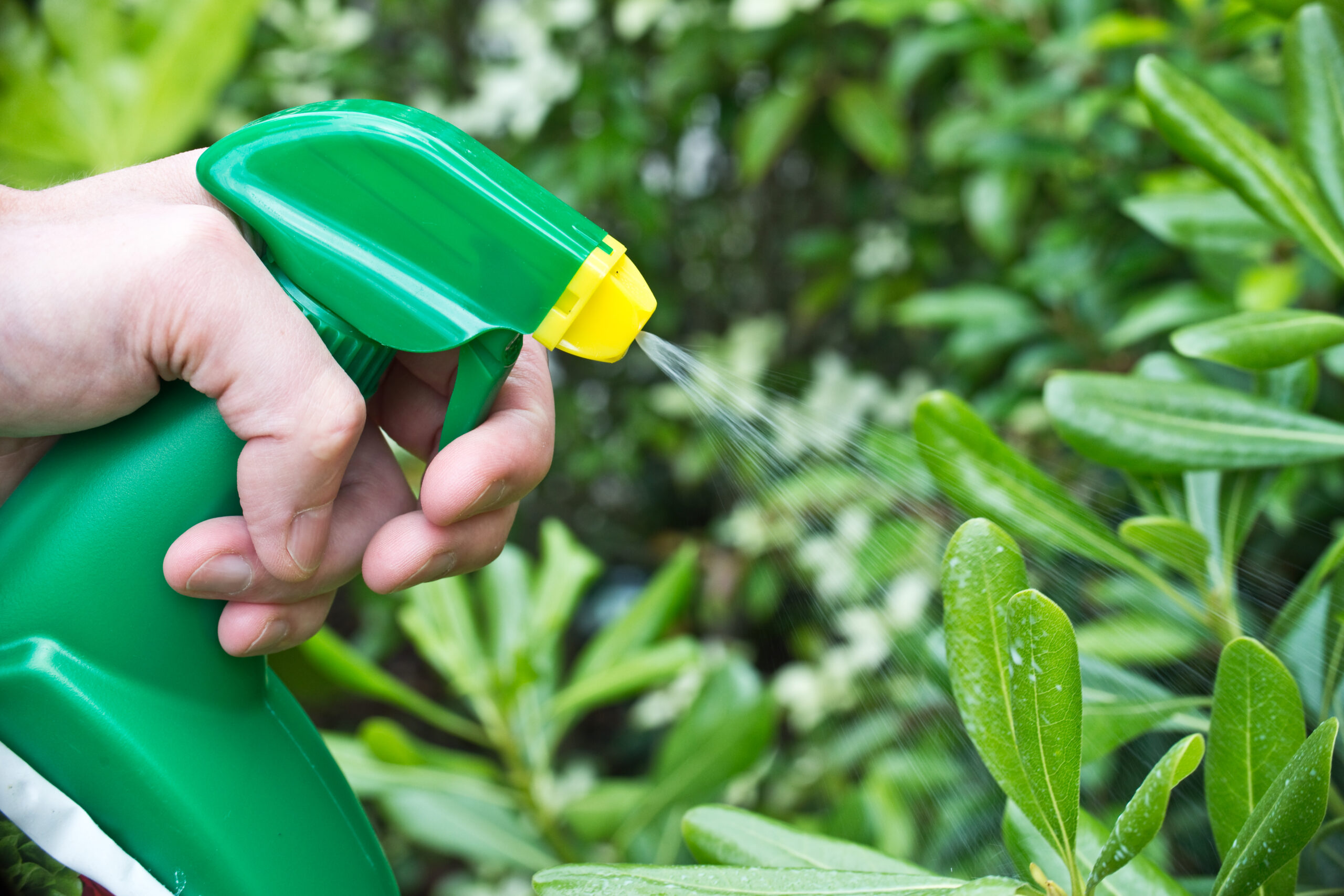
By Ana Marie Rule and Bonnie Raindrop
Ana Marie Rule is a board member of the Maryland Pesticide Education Network. Bonnie Raindrop is the coordinator of the Smart on Pesticides Coalition, which consists of 112 organizations.
We are waking up to the dangers of toxic “forever chemicals” called PFAS (Per- and polyfluoroalkyl substances) and the sources of these dangerous compounds. A recent alarming discovery: common pesticides, which are sprayed across our communities, farms, health care facilities, playgrounds, and schools, contain high levels of PFAS.
“If the intent was to spread PFAS contamination across the globe, there would be few more effective methods than lacing pesticides with PFAS,” said Kayla Bennett, research director for Public Employees for Environmental Responsibility.
The good news is we can take a simple step to turn off this tap. State Del. Dana Stein and Sen. Shelly Hettleman are sponsoring legislation, the Pesticide Registration — PFAS Testing — Requirements Bill (SB 158), to ban the use of pesticide products containing PFAS in Maryland. Manufacturers would have to test their products for PFAS as part of the current annual registration with the state.
The need for this legislation is clear: PFAS have been found in Maryland’s drinking water, rivers, and soil. Last June, the U.S. Environmental Protection Agency recognized that PFAS pose a health risk to humans even in minute, almost undetectable levels in drinking water.
It is also increasingly clear that the food we eat every day may pose our highest PFAS risk yet because of pesticides used on crops and entering our waterways. New research found extraordinarily high levels of PFAS in common pesticides used on food crops; the crops grown in these fields tested at 100 times EPA’s lifetime drinking water limit. Other research shows dangerous levels of toxic PFAS in freshwater fish: Eating just one fish could be equivalent to drinking PFAS-tainted water for a month. These numbers are for a single exposure; we may be eating contaminated food every day, so PFAS is accumulating in our bodies.
While this is a serious challenge, we can look to other complex environmental problems as a guide. For example, there is good news regarding the Earth’s fragile ozone layer: Phasing out harmful ozone-depleting chemicals has led to the partial recovery of the ozone hole. What once seemed insurmountable is now a success story. This achievement is a reminder of the power of action, including setting smart, common-sense regulations to protect the public from harmful chemicals.
Last year, Maryland legislators wisely banned PFAS in firefighting foam, food packaging, and rugs — a crucial first step. Now, we must stop PFAS exposure through widely used pesticides, which poses an insidious risk to Marylanders and our environment. Everyone is subjected to the 14,000 pesticides allowed in Maryland where we work and play. And to date, there is no research on the effects of combining pesticides, which are already known to have adverse health effects, with PFAS.
As a coalition of advocates that includes public health experts, we are very concerned about the implications of spreading PFAS when we apply pesticides. Continuous exposure to PFAS is linked to many long-term serious health concerns: kidney, testicular, and breast cancer; high cholesterol; developmental damage in infants; birth defects; thyroid disease; and obesity. PFAS levels also affect the severity of COVID-19 infection and have been correlated with vaccine failure.
Maryland’s current mosquito control program applies pesticides that may contain PFAS in 2,100 communities. Some communities receive weekly pesticide applications, and numerous private companies also provide these services to homeowners.
There are questions about how PFAS come to be in pesticides. Some may come from the pesticide chemically reacting with its plastic containers. But higher testing levels suggest that PFAS chemicals are contaminants of the manufacturing process that may be intentional or unintentional and end up as inert ingredients, which the EPA allows manufacturers to keep secret.
The proposed state legislation would require all mosquito control product manufacturers to provide annual independent lab testing to prove the pesticide is free of PFAS beginning in 2024. By 2026, manufacturers of all remaining pesticides must provide this same testing.
Pesticides do not require PFAS to be effective. Furthermore, PFAS testing in this bill will not require any money from state coffers; this bill places the financial burden of testing for PFAS contamination on the manufacturers who profit from pesticide sales.
Our state must act quickly and decisively to ensure immediate protection from unnecessary PFAS in pesticides. The health of all Marylanders depends on it. By taking these steps, we can hope to have another good news story to tell down the road about the health of our communities and our planet.




 Creative Commons Attribution
Creative Commons Attribution